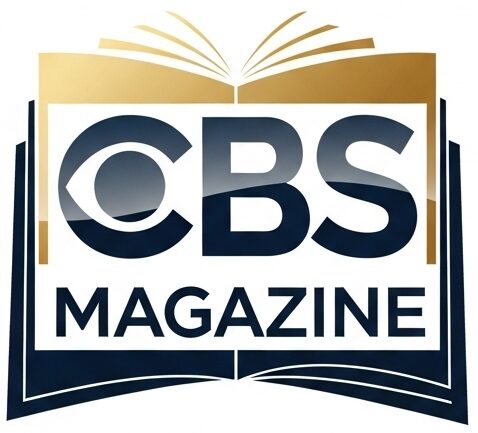Historic Washington Summit: A Turning Point in the Ukraine Conflict
In a pivotal diplomatic moment, U.S. President Donald Trump hosted Ukraine’s President Volodymyr Zelenskyy alongside top European leaders in Washington D.C. The summit marks a major shift as Ukraine seeks NATO-style security assurances amid continued Russian aggression.
Who Attended and What’s at Stake
- Key participants: President Zelenskyy, President Emmanuel Macron (France), Prime Minister Sir Keir Starmer (UK), Chancellor Friedrich Merz (Germany), and NATO Secretary‑General Mark Rutte.
- Main demands: Robust security guarantees to protect Ukraine from further Russian advances—even as missile and drone strikes persist on Ukrainian cities.
- U.S. role: Trump’s summit follows a controversial meeting with Putin, raising questions about the consistency of U.S. support.
European leaders emphasized that any territorial concessions—particularly regarding Donbas—must be acceptable to Ukraine, with Starmer reiterating the UK’s commitment, potentially including troop deployments. Zelenskyy stood firm against any deal that undermines Ukrainian sovereignty.
Diplomacy Amid Fire
As talks unfolded, Russia intensified attacks, including drone strikes in Kharkiv, which killed several civilians, increasing the urgency for a diplomatic breakthrough.
Why This Summit Matters
The gathering signifies a renewed commitment from Western powers to confront Russia’s aggression—despite prior signals of wavering from the U.S. The presence of multiple European leaders at a single summit underscores a united front, even as Trump faces criticism for inconsistent messaging.
Looking Ahead
Key questions now include:
- Will U.S. and European military and economic support for Ukraine increase?
- Can the summit lead to a concrete peace roadmap—without compromising Ukraine’s territorial integrity?
- How will Trump’s prior remarks, including suggestions that Ukraine cede land, affect the long-term credibility of these commitments?
This summit may yet define the trajectory of the Ukraine war and Western unity for months, if not years, to come.






















